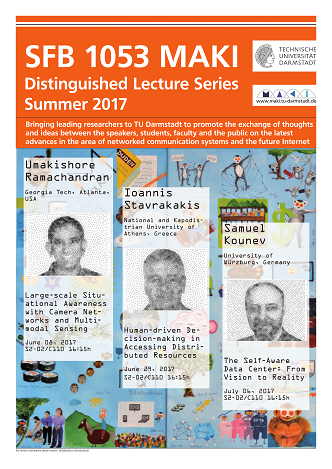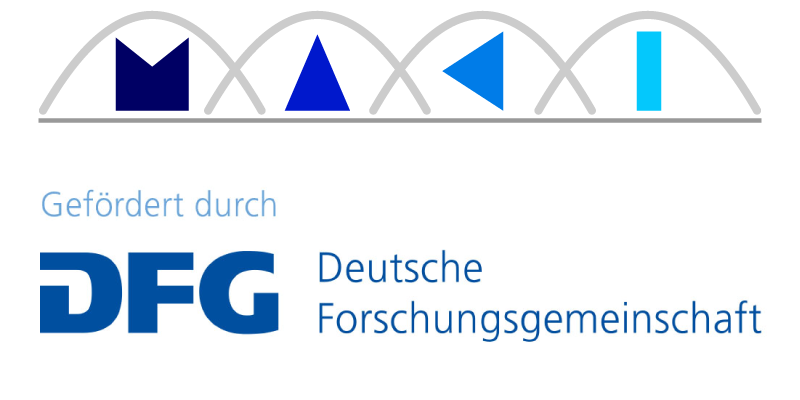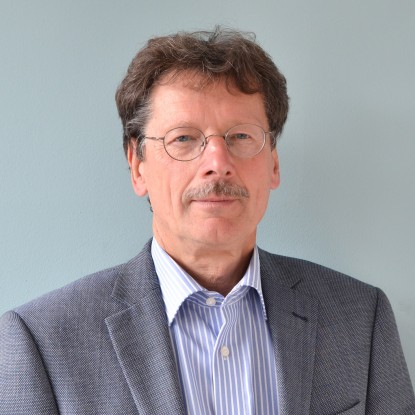Samuel Kounev

University of Würzburg
06. Juli 2017, 16:15 Uhr
S2|02 Raum C110, Robert-Piloty-Gebäude, Hochschulstr. 10, 64289 Darmstadt
„The Self-Aware Data Center: From Vision to Reality“
Abstract
Roughly speaking, we say that computing systems are „self-aware“ if they possess the capability to learn and exploit models of themselves and the environment in which they are situated, so as to reason and act in accordance with high-level goals. Self-awareness in a computing system is achieved by implementing a model-based learning, reasoning, and acting loop (LRA-M loop). A major application domain for self-aware computing is in the area of runtime management of IT systems in data centers. To apply self-aware computing principles in this domain, novel methods are needed for designing self-aware performance and resource management mechanisms. Stochastic models play an important role as enabler of such mechanisms.
In this talk, we provide an overview of stochastic models that can be used for self-aware performance and resource management in modern virtualized data centers. We focus on models that have been successfully used at run-time to reason about resource allocations and performance management in an online setting. Various types of models are used to cover different aspects such the system's usage/load profile, the system's resource demands, and its performance-relevant control flow.
To show how stochastic models can be leveraged for self-aware computing in data centers, we present an approach based on the Descartes Modeling Language (DML). DML is an architecture-level language that provides appropriate modeling abstractions to describe the resource landscape, the application architecture, the adaptation space, and the adaptation processes of a software system and its IT infrastructure. DML is complemented by an open-source tool-chain (http://descartes.tools) comprising a set of stochastic modeling tools and libraries that provide a framework for designing self-aware performance and resource management mechanisms. We present an overview of these tools, as well as some exemplary results from industrial case studies, showing their applicability in real-life scenarios.
Bio
Samuel Kounev is a professor and chair of software engineering at the University of Würzburg. He received a PhD in computer science (2005) from TU Darmstadt. His research is in the area of software engineering with focus on methods, techniques and tools for the engineering of dependable and efficient computer-based systems, including both classical software systems and cyber-physical systems. His research interests span the areas of software design, modeling and architecture-based analysis; systems benchmarking and experimental analysis; and autonomic and self-aware computing. Kounev's research is inspired by the vision of self-aware computing systems, to which he has been one of the major contributors shaping its development. He is founder and elected chair of the SPEC Research Group, a consortium within the Standard Performance Evaluation Corporation (SPEC), providing a platform for collaborative research efforts in the area of quantitative system evaluation and analysis. He serves as chair of the steering committee of the ACM/SPEC International Conference on Performance Engineering (ICPE) and the IEEE International Conference on Autonomic Computing (ICAC). He is a member of ACM, IEEE, and the German Computer Science Society.



